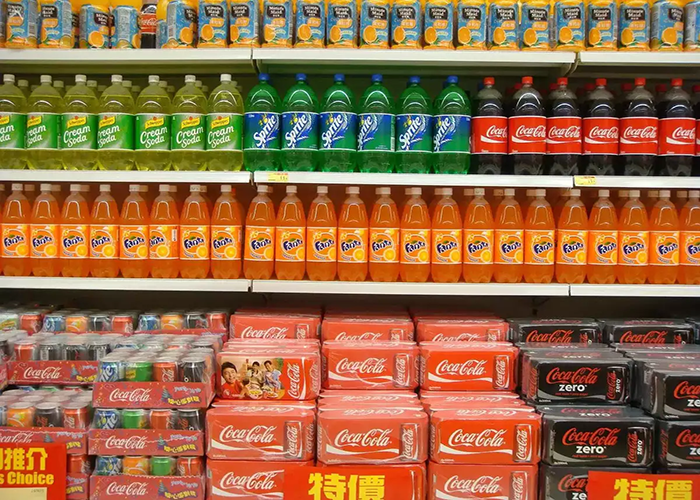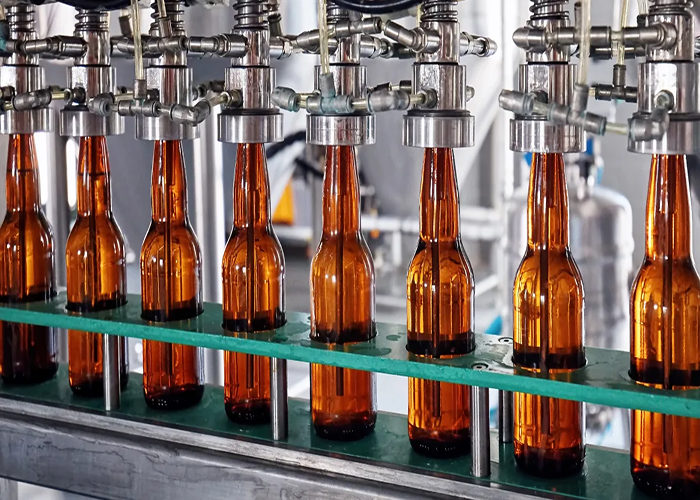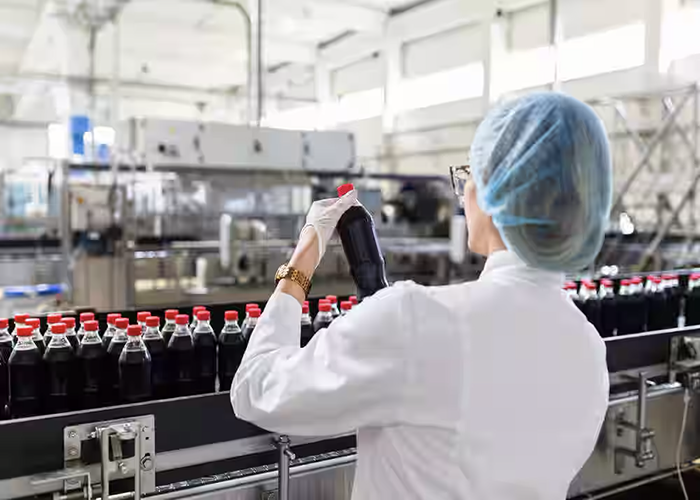Brewery Industry Water and Wastewater Treatment in India: Using STP, ETP, WTP, WWTP, RO, and More

The brewery industry in India has seen significant growth in recent years, driven by both domestic consumption and export demand. With various beer styles and expanding craft beer production, breweries are crucial contributors to the Indian economy. Maharashtra is a key state in this industry, with Mumbai, Pune, and Nashik hosting several large breweries.
Maharashtra is home to some of India's leading breweries, benefiting from a strong local market and thriving tourism. These breweries require large-scale water systems to produce beer efficiently, making water management and wastewater treatment essential. As water-intensive operations, breweries in the state have adopted advanced water treatment technologies to meet production and environmental needs, ensuring sustainable practices.
Water Is Essential for Brewing, Cleaning, Cooling, and Packaging in Breweries
Breweries use water at every production stage: mashing, fermentation, cleaning, and packaging. The primary water use is in the brewing process, where water is combined with malt, hops, and yeast to create beer. Cooling, cleaning brewing equipment, and washing bottles and kegs require significant water volumes.
In addition to brewing, water is essential in maintaining hygiene and cleanliness throughout the production facility. This ensures high-quality beer production and prevents contamination. Due to the volume of water required, breweries focus on water conservation and reuse to reduce operational costs and environmental impact.
Brewing, Cleaning, and Cooling Systems Generate Large Volumes of Wastewater in Breweries
Brewery operations generate substantial wastewater from brewing, cooling, and cleaning. In the brewing process, water is used for mashing and fermentation, and the leftover wort is typically disposed of as wastewater after fermentation. Cleaning operations, including sanitization of tanks and bottles, generate water high in organic matter and detergents.
"Water is the backbone of every brewery, from fermentation to packaging. Treating wastewater and ensuring water efficiency is key to sustainability and responsible brewing."
Additionally, the cooling systems in breweries use large amounts of water, leading to wastewater with high temperatures and possible chemical residues. It is essential for breweries to effectively manage and treat this wastewater to prevent contamination of local water resources and to meet environmental discharge standards.
Brewery Wastewater Contains Organic Matter, Yeast, and Chemicals from Cleaning and Cooling Processes
Wastewater generated in breweries typically consists of organic materials, including yeast, residual sugars, and proteins from fermentation. Additionally, the water used for cleaning the brewing equipment, bottles, and tanks often contains detergents, sanitizers, and other chemicals.
The cooling water used in refrigeration systems can also carry high temperatures and chemical residues, making it essential for breweries to treat these wastewater streams separately. The diverse composition of brewery wastewater makes it necessary to apply multi-stage treatment methods to ensure it is treated to meet discharge or reuse standards.
Breweries Use ETP, Sedimentation, and Biological Processes to Treat Wastewater Safely
In breweries, effluent Treatment Plants (ETPs) are commonly used to treat wastewater. The treatment process typically starts with screening and sedimentation to remove large solids. Chemical coagulation and flocculation processes help remove suspended particles and some organic materials.
Next, biological treatment using activated sludge or aeration tanks breaks down the wastewater's organic matter. The treated water is then filtered and may undergo disinfection before it is either discharged or reused for non-critical purposes, such as cleaning or landscaping within the facility. This helps breweries reduce freshwater consumption.
Advanced Technologies Like RO and ZLD Ensure Efficient Water Reuse in Breweries
Many breweries are adopting advanced water treatment technologies, such as Reverse Osmosis (RO) and Zero Liquid Discharge (ZLD) systems, to reduce water wastage. RO helps purify wastewater, making it suitable for reuse in cooling or cleaning processes. ZLD systems help recover water from effluents by evaporating and crystallizing the waste, leaving behind minimal liquid waste.
Other technologies, like membrane bioreactors, treat brewery effluent efficiently, ensuring high-quality water recovery. By adopting these technologies, breweries reduce operational costs and minimize their environmental impact, making their operations more sustainable.
Tailored Water Treatment Solutions for Breweries to Ensure Efficient Operations and Wastewater Management
We specialize in providing custom water treatment solutions for breweries. From designing and installing Effluent Treatment Plants (ETPs) to providing Reverse Osmosis (RO) and Zero Liquid Discharge (ZLD) systems, we offer comprehensive services that meet your brewery's unique needs.
Our solutions help reduce water consumption, improve operational efficiency, and ensure that treated water complies with regulatory standards. We also provide ongoing maintenance and support to ensure the systems operate at peak performance, helping breweries maintain sustainability while meeting their production goals.
Conclusion: Breweries Industry Water Treatment and Sustainability

Sustainable Water Management in Hospitals Ensures Safety, Compliance, and Environmental Stewardship
Water is a critical resource for breweries, and its effective management and treatment are essential for sustainable operations. With large-scale water usage across brewing, cleaning, and cooling processes, breweries must adopt advanced treatment systems such as ETPs, RO, and ZLD to manage wastewater efficiently. By implementing these technologies, breweries can reduce their environmental impact, conserve freshwater, and lower operational costs, ensuring their business remains profitable and eco-friendly.

